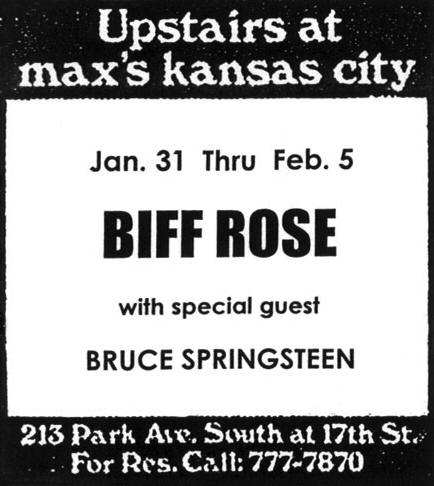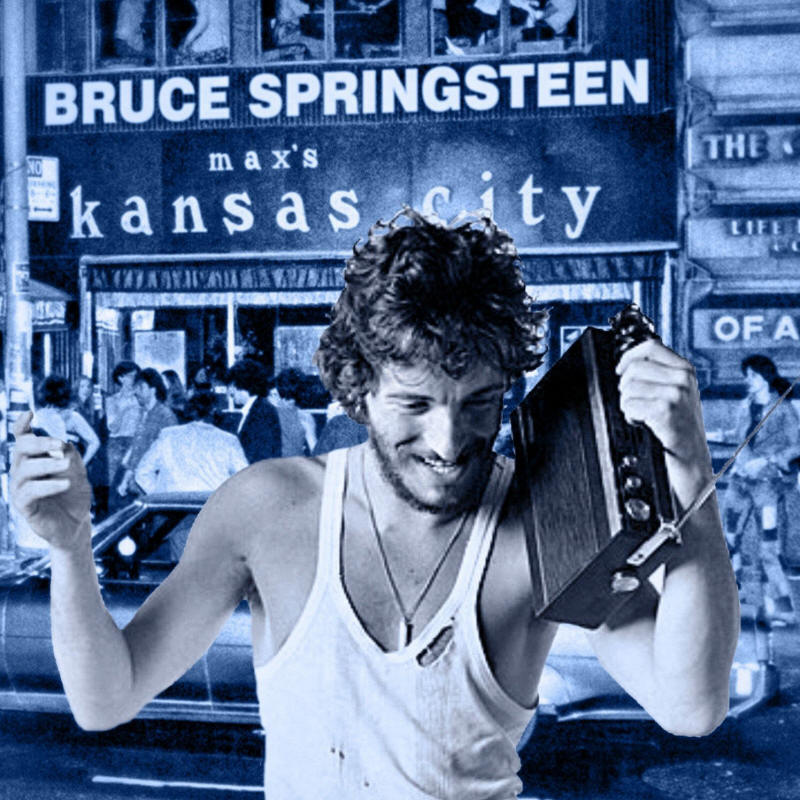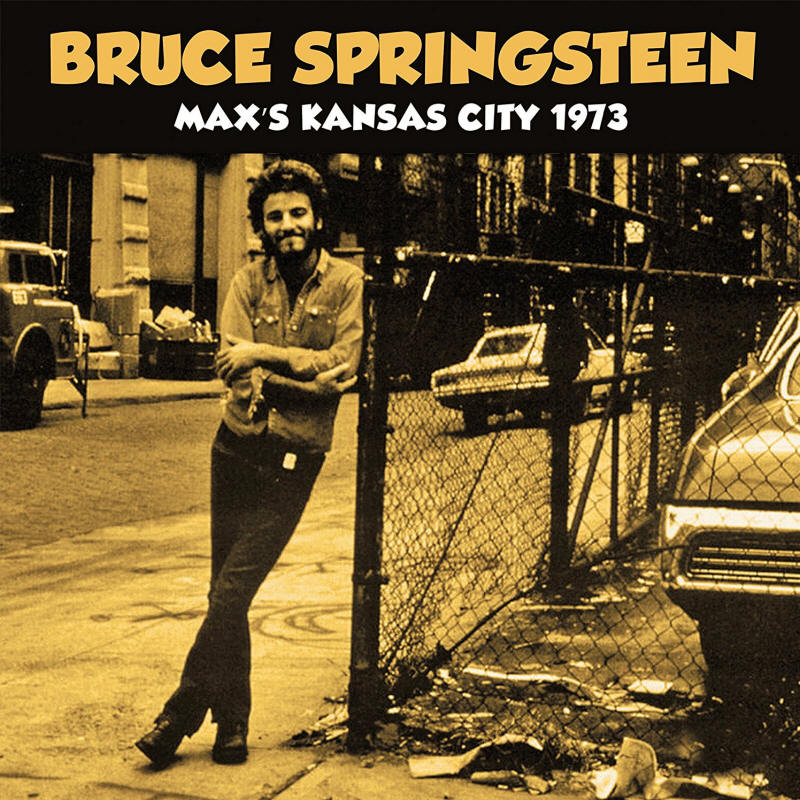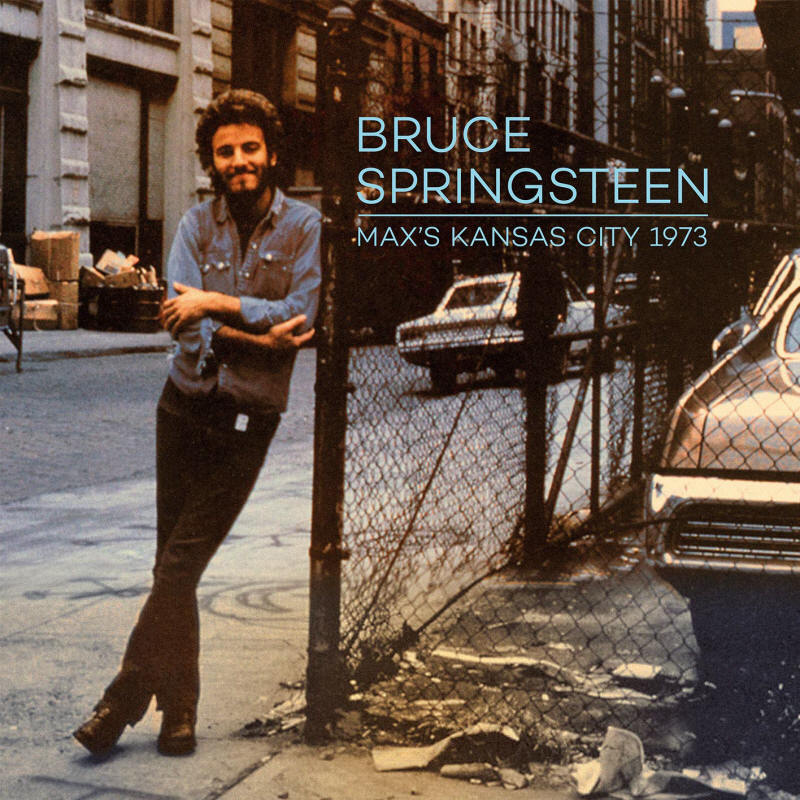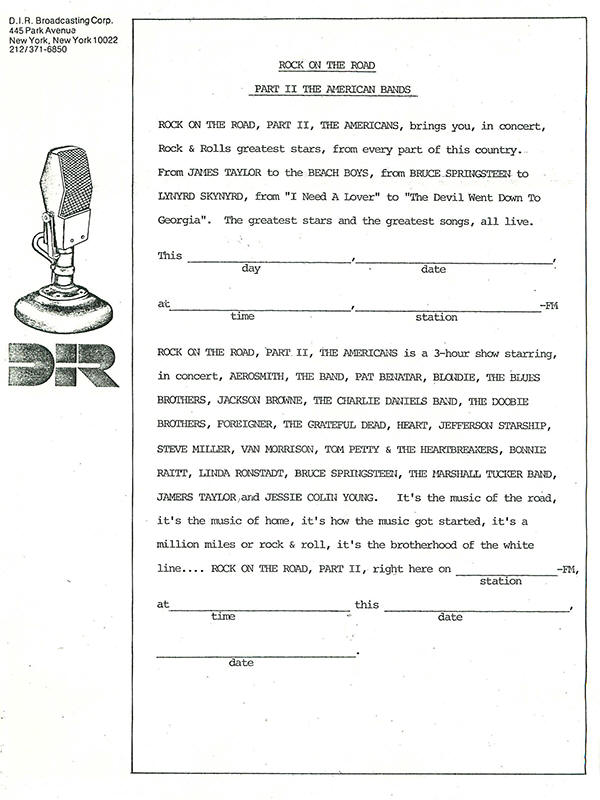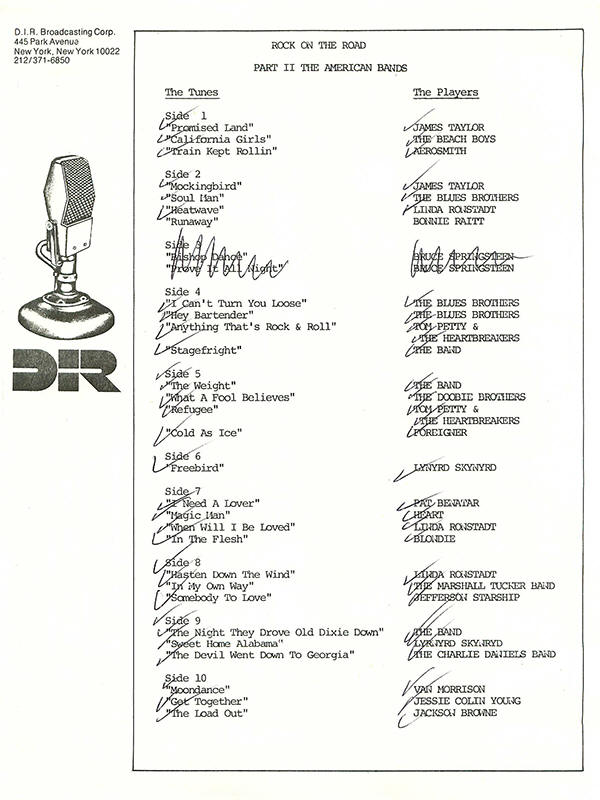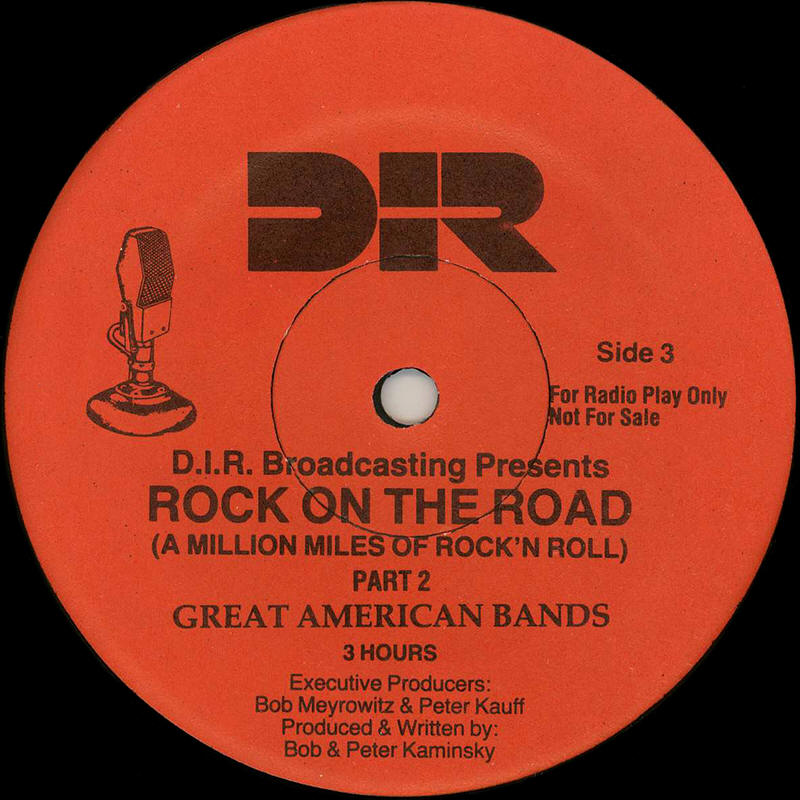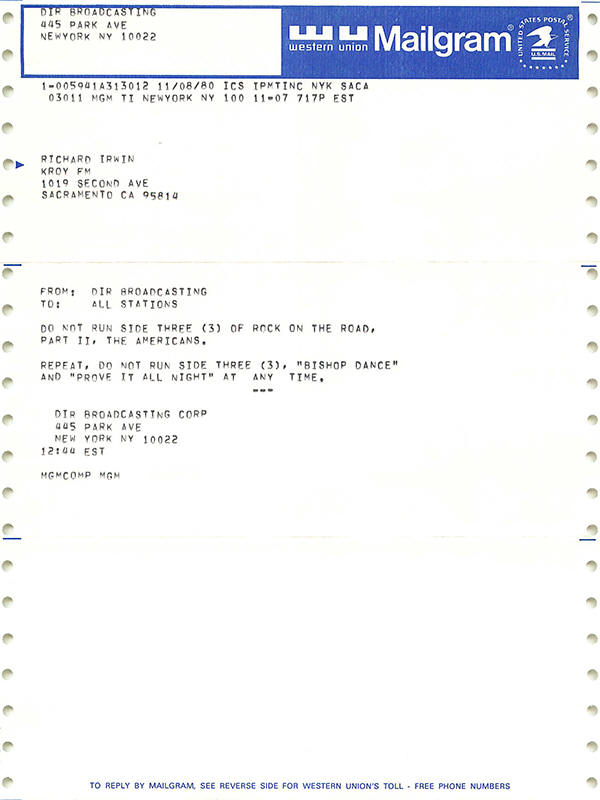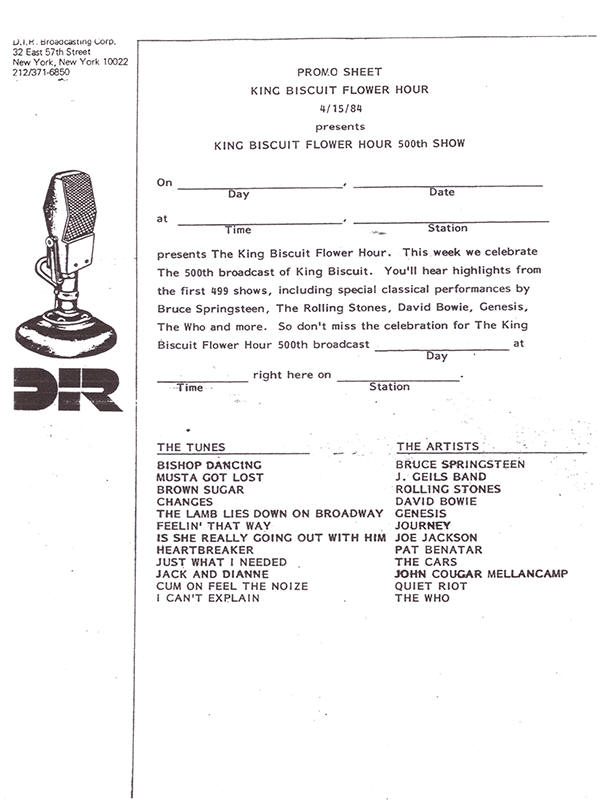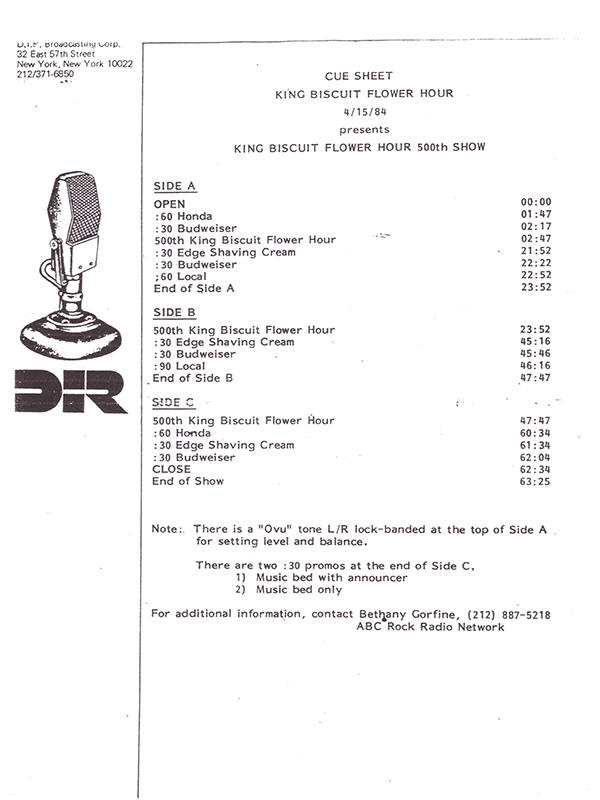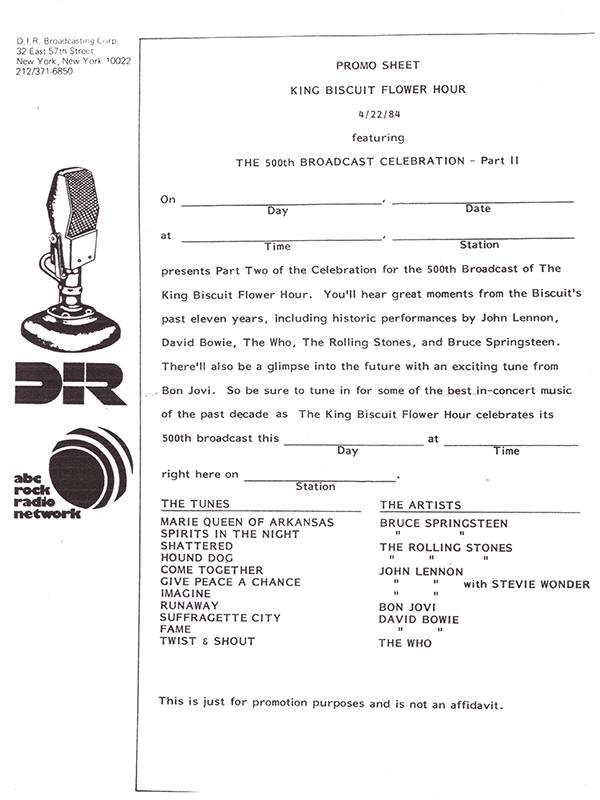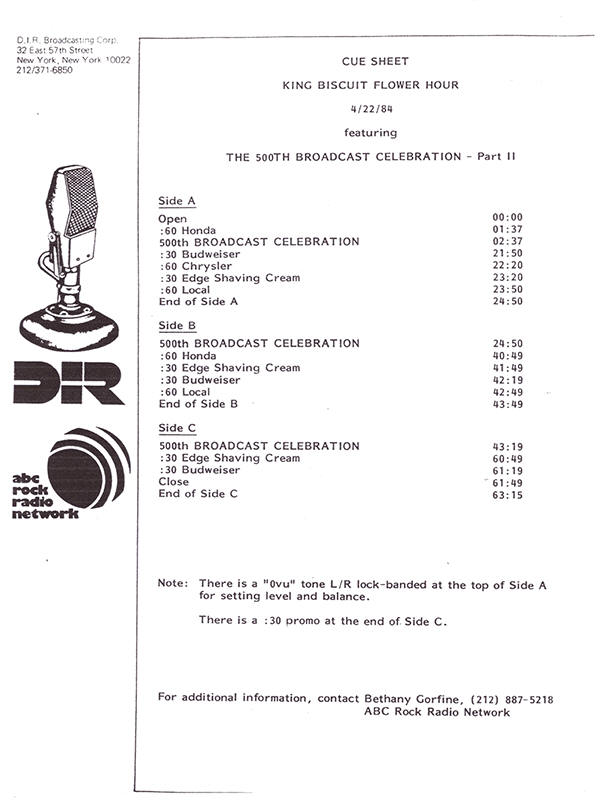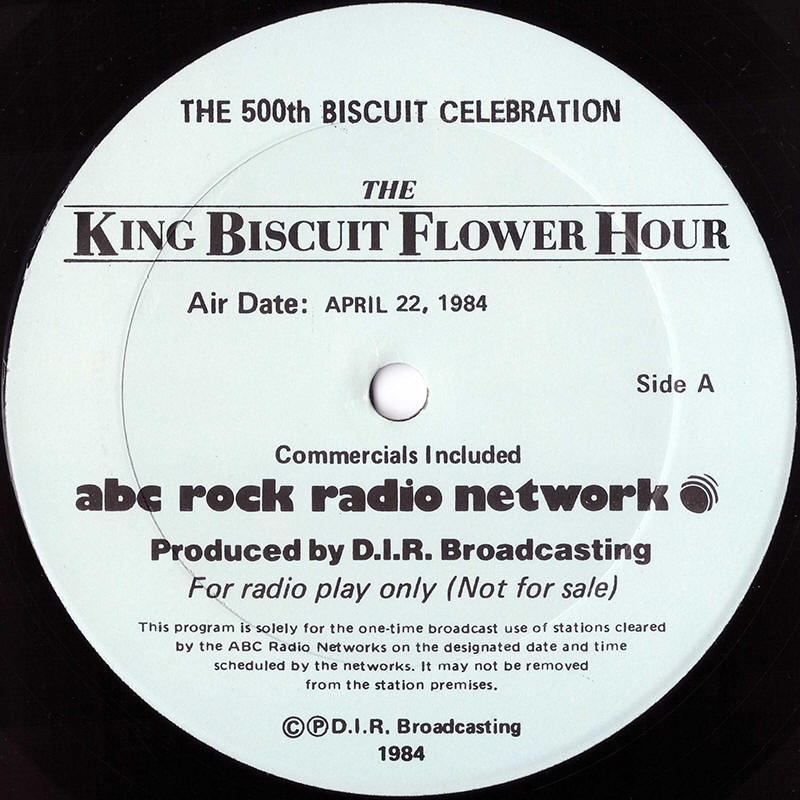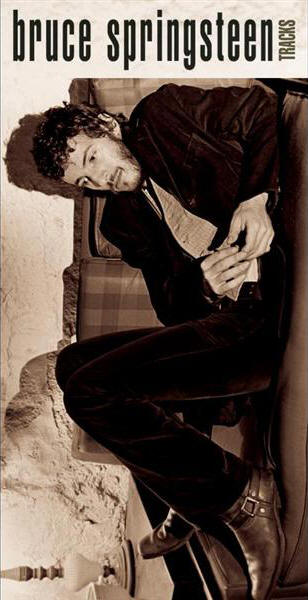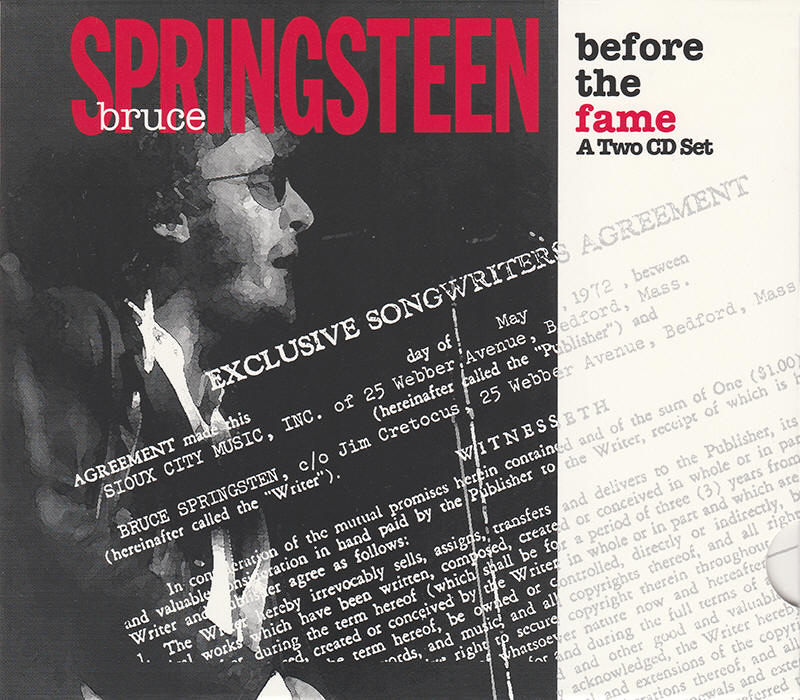BISHOP DANCED 
Live 31 Jan 1973 (early show) version
[Spoken intro:] Uh, this next song is a, uh... a nonsense... a kind of nonsense song. It's — I'll give you a quick rundown — It's about a bishop and his wife and this violin player in West Virginia. It's about how their daughter lost her mother to mathematics out on a business trip in Detroit [crowd laughs]. Um, it's about a... it has a Top 40 hook part [crowd laughs] that, that, that if, if everybody — if we knew the words we could sing, everybody could sing to it [crowd laughs]. Ah, about pancakes and this guy named Muskrat in — who lives in Richmond, Virginia, who I met when I was playing down there, he plays saxophone. Ah, it's about uh... James Garner and then he — when he was very popular years ago in his part-Brit-Bret Maverick TV shows [crowd laughs]. And it was a well known Hollywood secret that he had an affair with a mad woman with one eye [crowd laughs]. Uh, uh... it's about uh... it's about uh... oh, it's about this little boy who told his father that the Indians are still in the woods, only nobody sees them [crowd laughs]. And uh... it's about sexual pathos of elderly choir boys in uh... Butte, Montana. You know, it's uh — where everybody with the band, and we, we go around all these places and like our big thrill is we copy accents and we go like, "where were we, where were we last week? Chicago, Chicago." And that's nutty, it's like Chicago's like a big, one big hit town, you know. And it was nice though.
Bishop danced with a thumbscrew woman
Did a double-quick back flip and slid across the floor
The Catholic traffic flowed freely across the river
And fiddlestick fiddled quick out the front door
All right
Oh, baby dumpling, mama's in the back tree
If the bow breaks, mama might fall
Little sad and only, baby don't be lonely
Oh, mama knows arithmetic, knows how to take a fall
Mama knows arithmetic, knows how to take a fall
And the kids are crying, "Flapjacks, make 'em fat, early in the morning"
Little Jack, grab your hat, hear the breakfast call
Muskrat, bat a cat, kick him in the fireplace
There's someone in the kitchen blowing "Dinah" on their horn
There's someone in the kitchen blowing "Dinah" like they're born
Well maverick daddy got a one-eyed bride
She glides like a monkey-mule kicking on the back slide
Over hill, over hill, daddy don't you spill now
Papa got a switch stick, he's pumping little Bill
Papa got a switch stick, he's pumping little Bill
And Billy he's crying, "Tomahawk, tomahawk, daddy better duck now"
The Mohawks, the Mohawks, they're still out there in the woods
Monatuk, Ocanuk, running through my dreams now
With fire on their fingertips and engine screams
Fire on their fingertips and feathers made of moonbeams
[Spoken:] Get funky!
[Danny Federici accordion solo]
[Spoken:] Alright, perfect!
[Spoken:] Danny Federici, ladies and gentlemen
Well, early in the morning the cannoneer cried
"I seen the sailor's warning in the western sky"
Well, mountain man, if you can, cut me down a fir tree
Branches full of candlesticks for baby and me
And my darling cried, she said, "Honey, the weathervane lately it's been pointing the way to heaven"
Scatterbrains, scatterbrains, watch out where you fall
Champagne, champagne, a round for all the old choir boys
They're busting off the altar chasing Dinah through the hall
They're busting off the altar chasing Dinah through the hall
And like kids they're crying, "Flapjacks, make 'em fat, early in the morning"
Little Jack, grab your hat, hear the breakfast call
Muskrat, bat a cat, kick him in the fireplace
There's someone in the kitchen blowing "Dinah" on their horn
There's someone in the kitchen blowing "Dinah" like they're born
[Spoken:] ???
Info
The above lyrics are for the live 31 Jan 1973 (early show) performance of BISHOP DANCED at Max's Kansas City in New York City, NY, during what is considered the Greetings From Asbury Park, N.J. Tour. The song was played in an acoustic arrangement featuring Bruce Springsteen on vocals and Danny Federici on accordion. A recording for this live 31 Jan 1973 (early show) performance of BISHOP DANCED was used by Mike Appel in 1974 for publishing purposes. It was included on the Tracks box set in 1998, with the spoken intro edited out. The recording date is mistakenly listed in the box set's liner notes as 19 Feb 1973, which is actually the original radio broadcast date (see the "King Biscuit Flower Hour" section below).
The 31 Jan 1973 Shows
Bruce Springsteen opened for headliner Biff Rose in 1973 during a 6-night stand (from 31 January to 05 February, two shows each night) at Max's Kansas City in New York City, NY.
Promotional ad for the Jan-Feb 1973 six-night residency at Max's Kansas City, New York City, NY
Soundboard recordings of both shows from the first night are in circulation among collectors. The recording from the early show consists of eight songs (two solo and six with the band) and is believed to be the complete show. The recording from the late show consists of only the first two songs of the show (the solo segment). The remaining setlist for the first night's late show (the band segment), as well as the setlists for the remaining ten shows from this six-night residency, are unknown. In the 17 Feb 1973 issue of Billboard magazine, Jim Melanson wrote a review on one of twelve shows Max's Kansas City mentioning five songs performed by Springsteen. The review could be for any of the twelve shows in the stand, but is more likely from one of the latter ones considering the late publication of the review.
- MARY QUEEN OF ARKANSAS
- THE ANGEL
- SPIRIT IN THE NIGHT
- GROWIN' UP
- BLINDED BY THE LIGHT
The soundboard recordings from the 31 Jan 1973 shows were commercially released in Europe. Since 2005 some enterprising record labels in Europe (mostly in the UK) have been releasing Bruce Springsteen radio and TV broadcasts (and some soundboard recordings) from the seventies, eighties, and nineties. Though these releases are not authorized by Bruce Springsteen or his record company, they are lawful due to a legal loophole in Europe.
Bruce Springsteen -- Max's Kansas City
Digital album - BKC (no catalog number) - UK, 2015
This is a download-only digital album. It contains the 31 Jan 1973 show at Max's Kansas City, both the early show and part of the late show.
Bruce Springsteen -- Max's Kansas City Night 1973
Digital album - Doxy Records (no catalog number) - UK, 2015
This is a download-only digital album. It contains the 31 Jan 1973 show at Max's Kansas City, both the early show and part of the late show, plus two bonus tracks
Bruce Springsteen -- Max's Kansas City 1973
CD - Zip City (ZCCD059) - UK, 2017
This release contains the 31 Jan 1973 show at Max's Kansas City, both the early show and part of the late show, plus one bonus track.
Bruce Springsteen -- Max's Kansas City 1973
2xLP - Parachute Recording Company (PARA172LP) - UK, 2019
This release contains the 31 Jan 1973 show at Max's Kansas City, both the early show and part of the late show, plus one bonus track.
King Biscuit Flower Hour
By prior arrangement with Columbia Records and Springsteen's then-manager Mike Appel, the D.I.R. Broadcasting Corp. (New York City, NY) recorded Bruce Springsteen's 31 Jan 1973 early and late shows at Max's Kansas City for use on its upcoming new weekly syndicated radio program called "King Biscuit Flower Hour". The D.I.R. Broadcasting engineers had been in Buffalo two days earlier recording the Mahavishnu Orchestra and the week before that in Dallas recording a Blood Sweat & Tears concert. The radio show used a two to four weeks delayed broadcast formula and made its debut on 18 Feb 1973. The debut episode featured mostly Blood Sweat & Tears who were major stars at this time, only one track by Mahavishnu Orchestra, and only one track by Bruce Springsteen (BISHOP DANCED). D.I.R. Broadcasting still retains in its archives a master tape of the entire 31 Jan 1973 early show and the solo segment from the late show. There are conflicting reports as to whether the company also has any of the band segment from the night's late show.
In 1980, D.I.R. Broadcasting produced a radio special consisting of two 3-hour parts titled "Rock On The Road (A Million Miles of Rock 'N' Roll) Part 1: Great English Groups" and "Rock On The Road (A Million Miles of Rock 'N' Roll) Part 2: Great American Bands". Hosted by Scott Muni, the radio special featured unreleased live performances and interviews with a number of artists, including Bruce Springsteen. Each part was distributed to radio stations on a for-radio-play-only five-record set. Springsteen appears on part 2, which includes his live 31 Jan 1973 version of BISHOP DANCED and live 01 Jul 1978 version of PROVE IT ALL NIGHT and an excerpt from his 09 Jul 1978 interview with WNEW-FM's Dave Herman. In a Western Union mailgram printout sent along with the radio show (see scan below), D.I.R. Broadcasting made a request to radio stations not to run side 3 of the 5-LP set at any time; side 3 consists of the aforementioned two Springsteen songs and interview. This explains why these two tracks can be seen crossed out in the radio show's track list and cue sheet (see scans below). It seems that the two Springsteen recordings were banned from being played on air, probably at the request of Springsteen and the Jon Landau management in order to prevent bootlegging. Note that Springsteen and Columbia Records were fighting in court against some major bootleggers around that time. Part 2 of the radio special was assigned for broadcast on 07, 08, or 09 Nov 1980, depending on the choice of the radio stations. Interestingly, the mailgram was dated 08 Nov 1980.
Rock On The Road (A Million Miles of Rock 'N' Roll) Part 2: Great American Bands (promo sheet)
Rock On The Road (A Million Miles of Rock 'N' Roll) Part 2: Great American Bands (track list)
Rock On The Road (A Million Miles of Rock 'N' Roll) Part 2: Great American Bands (cue sheet, page 1 of 2)
Rock On The Road (A Million Miles of Rock 'N' Roll) Part 2: Great American Bands (side 3 label)
Rock On The Road (A Million Miles of Rock 'N' Roll) Part 2: Great American Bands (letter)
To celebrate its 500th broadcast, the King Biscuit Flower Hour featured a special episode that aired in two parts, on 15 and 22 Apr 1984. Titled "The 500th Biscuit Celebration", the episode mainly contained selections from the show's past eleven years of recordings, including Springsteen's live 31 Jan 1973 (early show) versions of BISHOP DANCED, MARY QUEEN OF ARKANSAS, and SPIRIT IN THE NIGHT. Each of the two parts of the episode was distributed to radio stations on a for-radio-play-only two-record set (see scans below).
King Biscuit Flower Hour: The 500th Biscuit Celebration (promo sheet)
King Biscuit Flower Hour: The 500th Biscuit Celebration (cue sheet)
King Biscuit Flower Hour: The 500th Biscuit Celebration (side 1 label)
King Biscuit Flower Hour: The 500th Biscuit Celebration - Part II (promo sheet)
King Biscuit Flower Hour: The 500th Biscuit Celebration - Part II (cue sheet)
King Biscuit Flower Hour: The 500th Biscuit Celebration - Part II (side 1 label)
The company has repeatedly sought and been declined permission to commercially release its recording of the Springsteen show as part of its ongoing King Biscuit Flower Hour archive CD reissue series. The radio show ended in 2007, although new programming ceased in 1993 and previous shows were repeated from that point. During its prime time, the program was carried by more than 300 radio stations throughout the United States. In 2006, the King Biscuit Flower Hour tape archives were acquired by Wolfgang's Vault which began streaming concerts online, including Springsteen's original King Biscuit Flower Hour recording from 31 Jan 1973. Streaming of the Springsteen recording started in February 2008, and is considered to be a considerable improvement in sound quality over what has been circulating on bootlegs.
Tracks
In the liner notes of his Tracks box set, Bruce Springsteen introduces the box set as follows:
During long intervals between my record releases, as I was spending more and more time in the studio, when I met a fan out on the street I was often asked, "What are you guys doing in there?" I regularly pondered that question myself.
What we were doing in there was making a lot of music, a lot more music than I could use at any one time. As a result, my albums became a series of choices — what to include, what to leave out? I based my decisions on my creative point of view at the moment — the subject I was trying to focus on, something musical or emotional I was trying to express. In certain instances, as on Darkness on the Edge of Town, Nebraska, and The Ghost of Tom Joad, these choices crystallized the album I was making. On some of my other records the reasons I had for choosing one song over another, in hindsight, feel a good deal less significant. One of the results of working like this was that a lot of music, including some of my favorite things, remained unreleased.
This collection contains everything from the first notes I sang in the Columbia recording studio, my early and later work with the E Street Band, through to my music in the 90s. It's the alternate route to some of the destinations I travelled to on my records, an invitation into the studio on the many nights we spent making music in search of the records we presented to you. I'm glad to finally be able to share this music; here are some of the ones that got away.
- Bruce Springsteen, September 1998
Bruce Springsteen's albums were thematically linked even if they were not strictly concept albums; so some tracks that didn't fit the theme of the album ended up orphaned, not necessarily because they didn't meet his high standards, but because, he says, they didn't fit in with the tone or themes he mined for each set. Many of these unreleased studio outtakes got under the hands of bootleggers. Discussing that issue in 1984, Springsteen told Rolling Stone's Kurt Loder, "We record a lot of material, but we just don't release it all. [...] I always tell myself that some day I'm gonna put an album out with all this stuff on it that didn't fit in. I think there's some good material there that should come out. Maybe at some point, I'll do that."
During a break in The Ghost Of Tom Joad Solo Acoustic Tour, Springsteen thought that "if it's gonna be a year or longer in between records, I have all this music that I know is very good that I never released and I should release some of it whether it was just a CD or something. In that period of time, I should put something out because people would like to have it and I'd like to see it get out." He told Toby Scott (his audio archivist and recording engineer), "send me all the archives, send everything that we recorded". Scott then went to work gathering the potential material from Springsteen's massive audio library (located, along with Sony's sound archives, in the high-tech Iron Mountain facility near Buffalo, NY). "For a week or so," he told Billboard in a Nov 1998 interview, "I just listened to everything that I'd done that we hadn't put out. I made some very brief notes in a notebook, and then I just put it away. It was something that I could do at some point when I get to that place in a new project where I'm not sure how long it's going to take and it would be nice to sort of fill the gap so the fans wouldn't be so long without hearing any music from me".
Springsteen told Mark Hagen in an interview for Mojo magazine published in January 1999, "So it began just with that idea and we listened to about 250 songs, maybe more, I made quick notes in a notebook and put it away. A year went by, more maybe, and I came off the Tom Joad tour and I began to write acoustically again and I wrote about half a record. Then I got stuck and said, 'Well, I'm going to put this aside for a while.' Then I wrote half of an electric record, and hit the same place. So I thought, instead of waiting for another year to put something out I'll put some of this music together. So once again I went back to the archives." According to interview comments made by engineer Toby Scott (Springsteen's audio archivist and recording engineer), it was in February 1998 during solo sessions being conducted at Thrill Hill Recording (Springsteen's home studio) in Colts Neck, NJ, that Springsteen told Scott that the time was right to proceed with the long-anticipated box set of archived, unreleased studio takes. Thrill Hill Recording served as the main operational center for all Tracks project activities. Note that the "Thrill Hill Recording" name is used for whatever home studio Springsteen is recording at, whether it's in Rumson, NJ, Colts, NJ, or Beverly Hills, CA.
Springsteen told Billboard that the songs were culled from between 200 and 300 tunes. According to Toby Scott, the number was down to about 128 songs by late June 1998. It was then narrowed down yet again in July to about 100 songs that were prepped for the Tracks release. Although the project was originally projected to be a 6-disc set, there was a commercial decision made later in the summer to reduce the size of the release to a 4-disc (66-track) set. The package was delivered to Sony in mid-September in order to facilitate the mid-November 1998 release schedule.
Unreleased songs from the Greetings From Asbury Park, NJ sessions were not included on the box set due to ongoing and still-unresolved court proceedings involving most of these unreleased 1972 recordings. The court battle wasn't resolved until in 2001 (April 2001 in the UK and June 2001 in the U.S.), and those recordings are now free for release at any time. The opening four tracks of the box set — which were culled from Springsteen's 03 May 1972 Columbia Records audition — were not part of the court proceedings.
On 16 Jul 1998, Springsteen attended a convention for Sony Music Entertainment Inc. in Miami, FL, where he officially announced that a box set was the works and he played a tape of three songs: WHERE THE BANDS ARE, LOOSE ENDS, and I WANNA BE WITH YOU.
The Tracks box set was released on Columbia Records on 10 Nov 1998. It was issued on both compact disc and audio cassette formats. It's a 4-disc (or 4-cassette) set consisting of a total of 66 tracks (almost 4.5 hours long), 10 of which were heretofore unavailable single B-sides, 6 were demos and alternate versions of already-released material, and 50 (48 studio and 2 live) were never-before-released songs recorded during the sessions for Springsteen's many albums. Some tracks were treated with a recent touch-up here or there to give the older recordings a fresh polish.
- Disc 1 consists of material from 1972 to 1980, including Springsteen's very first Columbia Records audition for legendary A & R executive John Hammond. This disc also features additional songs most of which recorded for (but never released on) Springsteen's first four albums.
- Disc 2 consists of material from 1979 to 1983, taken primarily from the recording sessions of The River, Nebraska, and Born In The U.S.A.. Springsteen describes this disc as "almost the completely other album from 'The River'."
- Disc 3 consists of material from 1982 to 1987, taken primarily from the recording sessions of Born In The U.S.A. and Tunnel Of Love.
- Disc 4 consists of material from 1989 to 1998, taken primarily from the recording sessions of Human Touch.
Bruce Springsteen -- Tracks
Disc 1:
| 1. | MARY QUEEN OF ARKANSAS | Recorded on 03 May 1972 at CBS Studios, New York City, NY |
| 2. | IT'S HARD TO BE A SAINT IN THE CITY | Recorded on 03 May 1972 at CBS Studios, New York City, NY |
| 3. | GROWIN' UP | Recorded on 03 May 1972 at CBS Studios, New York City, NY |
| 4. | DOES THIS BUS STOP AT 82ND STREET? | Recorded on 03 May 1972 at CBS Studios, New York City, NY |
| 5. | BISHOP DANCED | Recorded live on 31 Jan 1973 at Max's Kansas City, New York City, NY |
| 6. | SANTA ANA | Recorded on 28 Jun 1973 at 914 Sound Studios, Blauvelt, NY |
| 7. | SEASIDE BAR SONG | Recorded on 28 Jun 1973 at 914 Sound Studios, Blauvelt, NY |
| 8. | ZERO AND BLIND TERRY | Recorded on 28 Jun 1973 at 914 Sound Studios, Blauvelt, NY |
| 9. | LINDA LET ME BE THE ONE | Recorded on 28 Jun 1975 at The Record Plant, New York City, NY |
| 10. | THUNDERCRACK | Recorded on 28 Jun 1973 at 914 Sound Studios, Blauvelt, NY |
| 11. | RENDEZVOUS | Recorded live on 31 Dec 1980 at Nassau Coliseum, Uniondale, NY |
| 12. | GIVE THE GIRL A KISS | Recorded on 10 Nov 1977 at The Record Plant, New York City, NY |
| 13. | ICEMAN | Recorded on 27 Oct 1977 at The Record Plant, New York City, NY |
| 14. | BRING ON THE NIGHT | Recorded on 13 Jun 1979 at The Power Station, New York City, NY |
| 15. | SO YOUNG AND IN LOVE | Recorded on 06 Jan 1974 at The Record Plant, New York City, NY |
| 16. | HEARTS OF STONE | Recorded on 14 Oct 1977 at The Record Plant, New York City, NY |
| 17. | DON'T LOOK BACK | Recorded on 02 Jul 1977 at The Record Plant, New York City, NY |
Disc 2:
| 1. | RESTLESS NIGHTS | Recorded on 11 Apr 1980 at The Power Station, New York City, NY |
| 2. | A GOOD MAN IS HARD TO FIND (PITTSBURGH) | Recorded on 05 May 1982 at The Power Station, New York City, NY |
| 3. | ROULETTE | Recorded on 03 Apr 1979 at The Power Station, New York City, NY |
| 4. | DOLLHOUSE | Recorded on 21 Aug 1979 at The Power Station, New York City, NY |
| 5. | WHERE THE BANDS ARE | Recorded on 09 Oct 1979 at The Power Station, New York City, NY |
| 6. | LOOSE ENDS | Recorded on 18 Jul 1979 at The Power Station, New York City, NY |
| 7. | LIVING ON THE EDGE OF THE WORLD | Recorded on 07 Dec 1979 at The Power Station, New York City, NY |
| 8. | WAGES OF SIN | Recorded on 10 May 1982 at The Power Station, New York City, NY |
| 9. | TAKE 'EM AS THEY COME | Recorded on 10 Apr 1980 at The Power Station, New York City, NY |
| 10. | BE TRUE | Recorded on 21 Jul 1979 at The Power Station, New York City, NY |
| 11. | RICKY WANTS A MAN OF HER OWN | Recorded on 16 Jul 1979 at The Record Plant, New York City, NY |
| 12. | I WANNA BE WITH YOU | Recorded on 31 May 1979 at The Power Station, New York City, NY |
| 13. | MARY LOU | Recorded on 30 May 1979 at The Power Station, New York City, NY |
| 14. | STOLEN CAR | Recorded on 26 Jul 1979 at The Power Station, New York City, NY |
| 15. | BORN IN THE U.S.A. | Recorded in January 1983 at Thrill Hill Recording, Colts Neck, NJ |
| 16. | JOHNNY BYE-BYE | Recorded in January 1983 at Thrill Hill Recording, Beverly Hills, CA |
| 17. | SHUT OUT THE LIGHT | Recorded in January 1983 at Thrill Hill Recording, Beverly Hills, CA |
Disc 3:
| 1. | CYNTHIA | Recorded on 20 Apr 1983 at The Hit Factory, New York City, NY |
| 2. | MY LOVE WILL NOT LET YOU DOWN | Recorded on 05 May 1982 at The Hit Factory, New York City, NY |
| 3. | THIS HARD LAND | Recorded on 11 May 1982 at The Power Station, New York City, NY |
| 4. | FRANKIE | Recorded on 14 May 1982 at The Power Station, New York City, NY |
| 5. | TV MOVIE | Recorded on 13 Jun 1983 at The Hit Factory, New York City, NY |
| 6. | STAND ON IT | Recorded on 16 Jun 1983 at The Hit Factory, New York City, NY |
| 7. | LION'S DEN | Recorded on 25 Jan 1982 at The Power Station, New York City, NY |
| 8. | CAR WASH | Recorded on 31 May 1983 at The Hit Factory, New York City, NY |
| 9. | ROCKAWAY THE DAYS | Recorded on 03 Feb 1984 at The Hit Factory, New York City, NY |
| 10. | BROTHERS UNDER THE BRIDGES ('83) | Recorded on 04 Sep 1983 at The Hit Factory, New York City, NY |
| 11. | MAN AT THE TOP | Recorded on 12 Jan 1984 at The Hit Factory, New York City, NY |
| 12. | PINK CADILLAC | Recorded on 31 May 1983 at The Hit Factory, New York City, NY |
| 13. | TWO FOR THE ROAD | Recorded in February 1987 at Thrill Hill Recording, Colts Neck, NJ |
| 14. | JANEY, DON'T YOU LOSE HEART | Recorded on 16 Jun 1983 at The Hit Factory, New York City, NY |
| 15. | WHEN YOU NEED ME | Recorded on 10 Jan 1987 at The Hit Factory, New York City, NY |
| 16. | THE WISH | Recorded on 22 Feb 1987 at The Hit Factory, New York City, NY |
| 17. | THE HONEYMOONERS | Recorded on 22 Feb 1987 at The Hit Factory, New York City, NY |
| 18. | LUCKY MAN | Recorded on 04 Apr 1987 at The Hit Factory, New York City, NY |
Disc 4:
| 1. | LEAVIN' TRAIN | Recorded on 27 Feb 1990 at Oceanway Studios, Los Angeles, CA |
| 2. | SEVEN ANGELS | Recorded on 29 Jun 1990 at Oceanway Studios, Los Angeles, CA |
| 3. | GAVE IT A NAME | Recorded on 24 Aug 1998 at Thrill Hill Recording, Colts Neck, NJ |
| 4. | SAD EYES | Recorded on 25 Jan 1990 at Soundworks West, Los Angeles, CA |
| 5. | MY LOVER MAN | Recorded on 04 Dec 1990 at Soundworks West, Los Angeles, CA |
| 6. | OVER THE RISE | Recorded on 07 Dec 1990 at Soundworks West, Los Angeles, CA |
| 7. | WHEN THE LIGHTS GO OUT | Recorded on 06 Dec 1990 at The Record Plant, Los Angeles, CA |
| 8. | LOOSE CHANGE | Recorded on 31 Jan 1991 at Record Plant, Los Angeles, CA |
| 9. | TROUBLE IN PARADISE | Recorded on 01 Dec 1989 at Soundworks West, Los Angeles, CA |
| 10. | HAPPY | Recorded on 18 Jan 1992 at A & M Studios, Los Angeles, CA |
| 11. | PART MAN, PART MONKEY | Recorded in January 1990 at Soundworks West, Los Angeles, CA |
| 12. | GOIN' CALI | Recorded on 29 Jan 1991 at A & M Studios, Los Angeles, CA |
| 13. | BACK IN YOUR ARMS | Recorded on 12 Jan 1995 at The Hit Factory, New York City, NY |
| 14. | BROTHERS UNDER THE BRIDGE | Recorded on 22 May 1995 at Thrill Hill Recording, Beverly Hills, CA |
Unofficial Releases
The live 31 Jan 1973 (early show) version of BISHOP DANCED was released on the briefly-legal album Before The Fame (Pony Express Records, third issue only). See PRODIGAL SON for more details.
Bruce Springsteen -- Before The Fame (Pony Express Records, third issue)
Other Official Releases
In addition to its inclusion on the Tracks box set in 1998, the live 31 Jan 1973 (early show) version of BISHOP DANCED was also issued in 1974 on a US 12-inch two-sided acetate for use by Intersong Music, Springsteen's music publishing agency in the UK. The acetate contains six tracks recorded in 1973 but not released on Greetings From Asbury Park, N.J. or The Wild, The Innocent & The E Street Shuffle. Instead, the six songs were used as publishing demos.
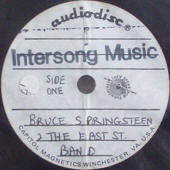
Bruce Springsteen & The E Street Band "Intersong Music" acetate (side 1 label)
Credits / References
Some of the above info about the 31 Jan 1973 shows is taken from Brucebase.
Thanks Atsushi Sakamoto for some of the Rock On The Road radio show scans. Thanks Domingo (dobama at Greasy Lake) and Stefano for The 500th Biscuit Celebration radio show scans.
Available Versions
List of available versions of BISHOP DANCED on this website:
BISHOP DANCED [Live 09 Jan 1973 version]
BISHOP DANCED [Live 31 Jan 1973 (early show) version]
BISHOP DANCED [Live 02 Mar 1973 version]
Page last updated: 01 Apr 2013

